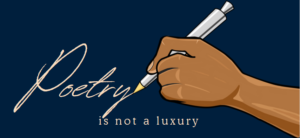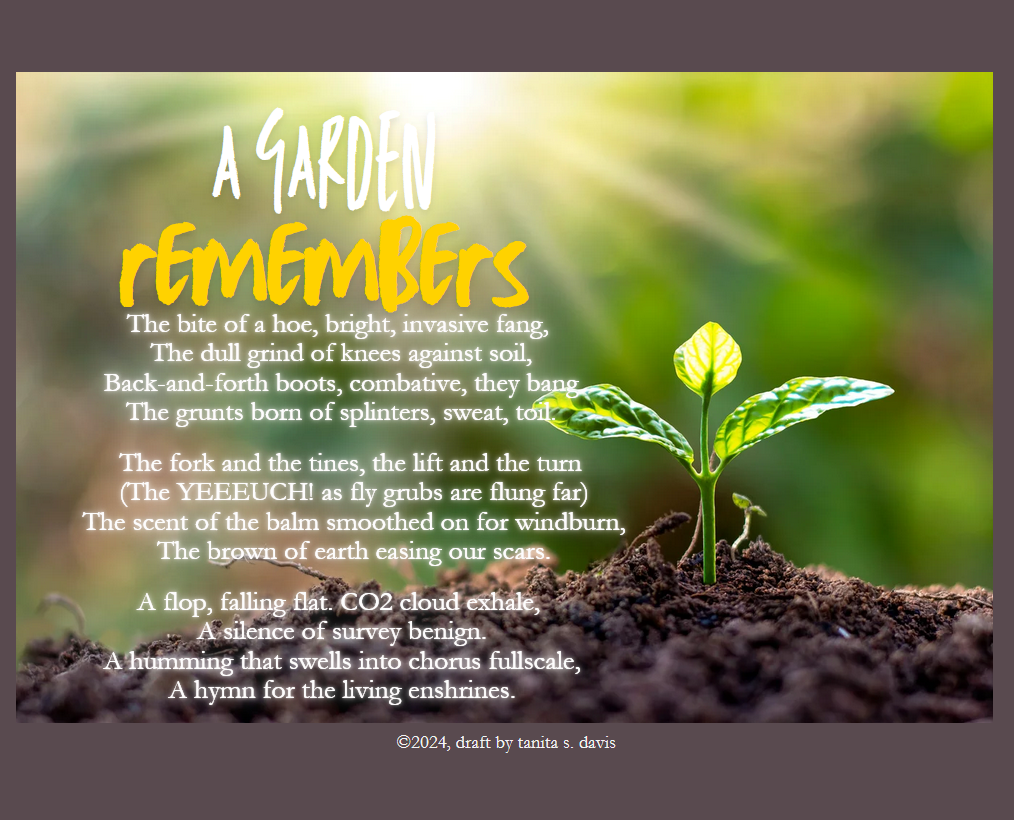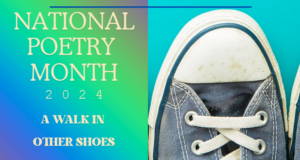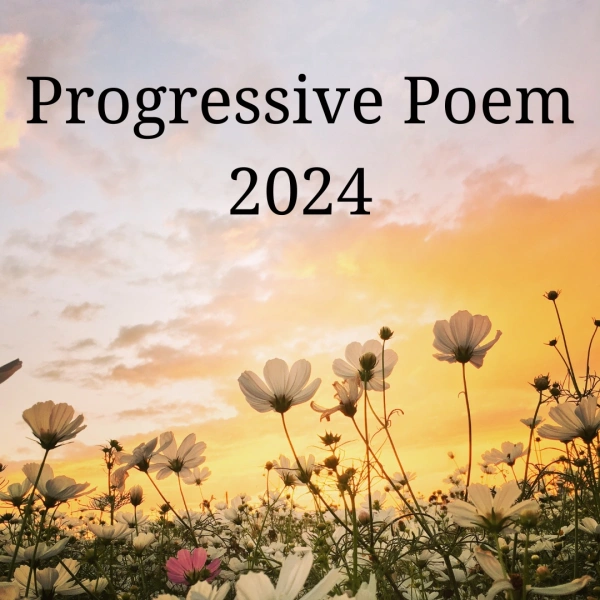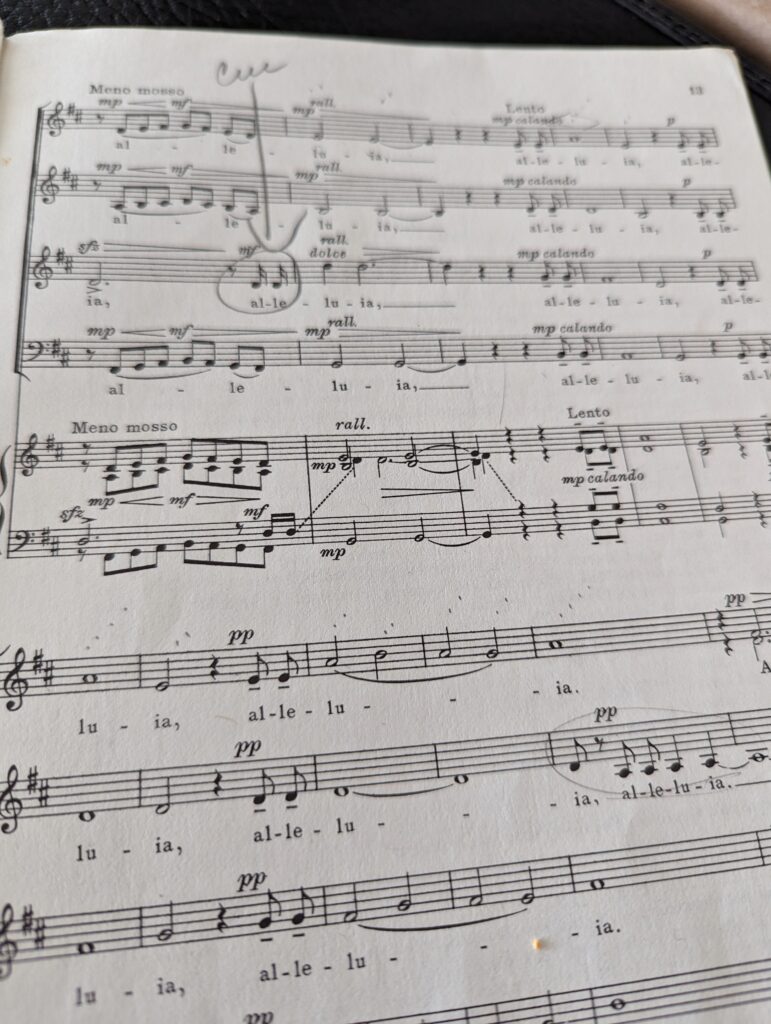Welcome to another Poetry Friday Poetry Peeps Adventure!
Poetry Peeps! You’re invited to our challenge for the month of May! Here’s the scoop: We’re writing in the style of Lucille Clifton’s homage to my hips, and choosing our own body parts to pay homage to. Are you a fan of your neck? Have you always wanted to write a sonnet to the bumps on your tongue? You can read a few body part poems to get your motor running (or, listen to Miss Lucille read! You’ll get goosebumps). Are you game? Good! Whatever song of yourself that you sing, you have a month to craft your creation and share it on May 31st in a post and/or on social media with the tag #PoetryPals.
Welcome to the wondering, as we sit in this space of unanswerable questions. This month’s challenge might have been a bit more complex to me if I hadn’t already been in a sort of… unfettered frame of mind. One thing that committing to writing a poem a day for NPM does for me is break me out of “regular” lines of thought, and make me fall swiftly into a state where I can dive deeper into words. A whole month of thinking sideways made unanswerable questions a little more accessible, a little more instinctual to me.
There are others who grapple with the unanswerable this month. Sara’s poem is here. Tricia’s is here. Here’s Laura’s poem, and Liz’s poem is here, and Mary Lee’s poem is here. Michelle K’s poem is here. Other Poetry Peeps may be checking in throughout the weekend with their poems, so don’t forget to stop by for the roundup. In the meantime, Poetry Friday is hosted today by Ruth, @There Is No Such Thing As A Godforsaken Town. Thanks, Ruth!
From Process…
Our process was less straightforward this time, and more… gauzy. To begin, the Poetry Sisters got together and made lists of unanswerable questions – or what they felt were fairly esoteric questions in the moment. The list was long, but they were a delight to read through. How many rings in a doorbell? Where does an echo go? What is the best time to lose? How do you know when you’re grown? Who loves you best? What color is a mirror? How much change is enough? Why now? What does the oak know?
Last month, Padraig Ó Tuama’s prompts for the pantoum really resonated with me. We were instructed to write a line about something that’s become ordinary for us, or to write a line showing us an object that’s associated with this ordinariness. In answering the prompt, I wrote about dirt, about dust and birds, fence posts, and the horizon through the window. What else, I wondered, could I expand on in a way that embraced the ordinary? People are cottage-core fixated on the After of the Before & After phases, when things are pretty, when the flowers are blooming and the honeysuckle is curling ’round the door. Cottagecore doesn’t seem to encompass sweating and tripping over dirt clods.
The question that appealed most to me was a variation on the last… What does the oak know…about me? A few years ago, I wrote a mask poem about a plum tree which narrated its concerns (or lack of them), about the phoebe which lived in its branches, its human, and the world around it. I think of this poem as in conversation with that one.
…To Poem
What does the garden remember of us? The weeding, turning, digging, and planting? The watering, sweating, grunting, squealing (in joy or dismay when spiders or crane fly larvae make themselves known)? The sighing, early morning stumbling, surly muttering or full-voice singing over the noise of the tiller? What do any of us know of this season, in comparison to what it knows about us?
A Garden Remembers
The bite of a hoe, bright, invasive fang,
The dull grind of knees against soil,
Back-and-forth boots, combative, they bang
The grunts born of splinters, sweat, toil.
The fork and the tines, the lift and the turn
(The YEEEUCH! as fly grubs are flung far)
The scent of the balm smoothed on for windburn,
The brown of earth easing our scars.
A flop, falling flat. CO2 cloud exhale,
A silence of survey benign.
A humming that swells into chorus full scale,
A hymn for the living enshrines.
Padraig’s last questions in the prompt list are, “What is a single feeling you have about this ordinary thing? What do you most wish to say about this ordinary thing?” To which I can only answer – it is, and I am, and together, we are – a living thing. May you raise your own hymn to the living this weekend, revel in your ordinary extraordinariness.
